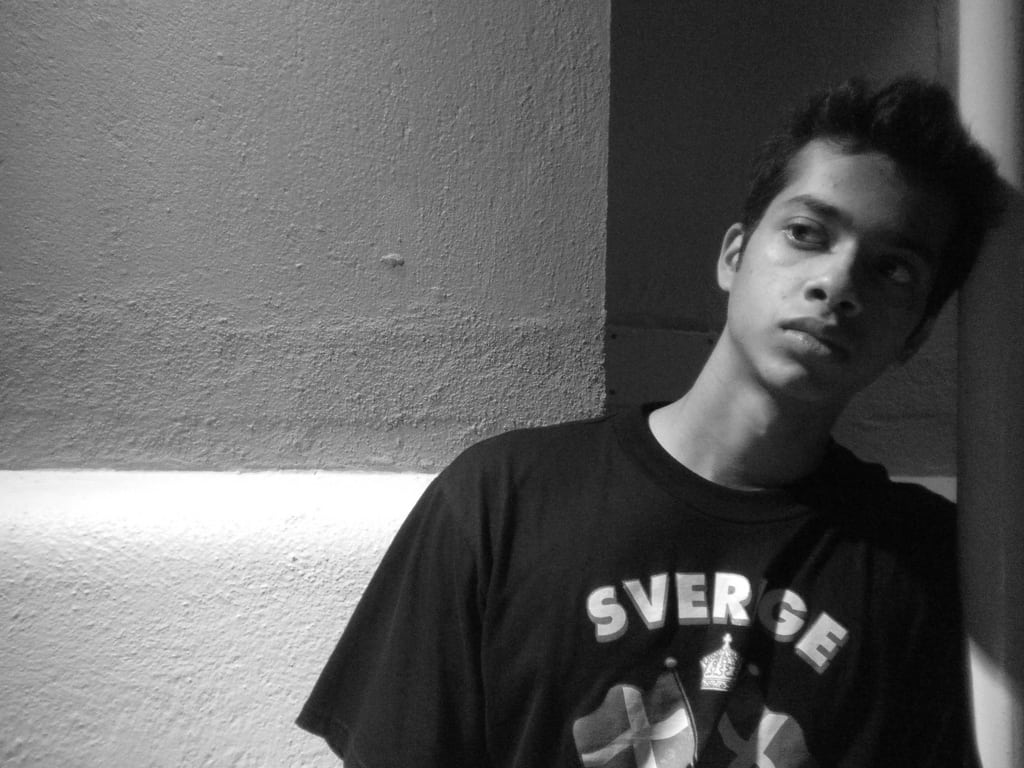At some point, we all go through trying times in life that can get us down, but we’re able to pick ourselves up and keep going. Clinical depression is a whole other story. It’s a mental illness that can negatively affect a person’s mood for long periods of time. Depression comes with an overwhelming sense of sadness, worthlessness, and hopelessness that can’t be escaped.
Many things can cause depression, but there are common outward signs that typically manifest regardless of why someone’s depressed. Here are symptoms to look for if you or someone you know may be battling depression.
Using Drugs and Alcohol
If a person has begun using drugs and/or alcohol or they’ve increased use, this is a warning sign of depression. The experts at River Oaks Treatment Center note that mental illnesses like depression and addiction are two common co-occurring disorders. There are two primary reasons why depression and addiction often co-exist:
Brain chemistry – Both addiction and depression are mental illnesses connected to the brain centers that control the risk and reward system. They can affect circuits in the brain that use neurotransmitters called dopamine. They can both also be linked to some of the same causes such as genetic vulnerabilities in the brain, deficits in the brain and extreme stress or trauma.
Self-medication – Many people that suffer from mental illness self-medicate with drugs and alcohol. They use it as an escape not realizing that substance abuse worsens depression. Drug use can even cause mental illness symptoms in people that didn’t previously have them.
It should be noted that men are more likely than women to experience addiction in conjunction to depression. The most common substances linked to depression are alcohol, marijuana, cocaine and nicotine.
Sleep Problems
As we reported in a previous post on depression in men, sleep problems are another sign of a clinical depression and can even be the cause. In the journal Sleep, a study of nearly 2,000 participants found that sleep apnea was a common problem for men that were depressed.
Insomnia is another sleep problem that is often associated with depression. Someone who suffers from insomnia is ten times more likely to develop depression. Not getting enough sleep is problematic because it can also make other symptoms of depression worse.
Extreme Fatigue
Fatigue is another common symptom of depression. It could be linked to lack of sleep, but that isn’t always the case. Dealing with emotional issues can be mentally and physically exhausting. Clinical depression can leave a person feeling tired even after they get a good night’s sleep.
Inability to Concentrate
People who are experiencing depression often have difficulty concentrating. Again, fatigue from lack of sleep could be part of the problem, but often other things are at play. The inability to concentrate can be so pronounced it affects relationships at work and home.
Many people, especially men, internalize depression. It can consume their thoughts and be a constant distractor. Concentration issues can get so bad they affect the way a person functions and their ability to carry out even basic tasks.
Mood Swings
One of the more obvious signs of depression is mood swings. Depression can be an emotional rollercoaster. If someone is going from one emotion to the next, it could be a sign that depression is to blame. These issues can eventually lead to thoughts of suicide. If someone begins talking about suicide or mentions they’re having thoughts of suicide, this is a serious red flag, and you should get them help immediately.
Loss of Interest in Activities
Is someone you know suddenly not interested in the things they were once passionate about? It’s normal for our interests to change, but when depression is the cause, it’s usually sudden and more comprehensive. People with clinical depression typically have a discontent with life in general and lose interest in many of the things they once enjoyed.
Changes in Appetite
One of the things that a depressed person may lose interest in is food. However, the opposite could also be true. Some people overeat and use food as a source of comfort when they are depressed.
Physical Ailments With No Source
Depression may start as a mental problem, but it can eventually have physical effects. Many people that are diagnosed with clinical depression report having physical symptoms like:
- Muscle and joint aches
- Persistent pain
- Cramping
- Stomach aches
- Headaches
The pain and sensations are real, but there’s no physical ailment that’s causing the problem. It’s not uncommon for people with clinical depression to see a primary physician about these symptoms rather than a mental health professional.
Depression isn’t usually a one-time occurrence. If a person battles a bout of depression, it can last for years and reoccurrence is always a possibility. Seeking professional help to identify the causes of depression is an important first step in getting life back to normal.

